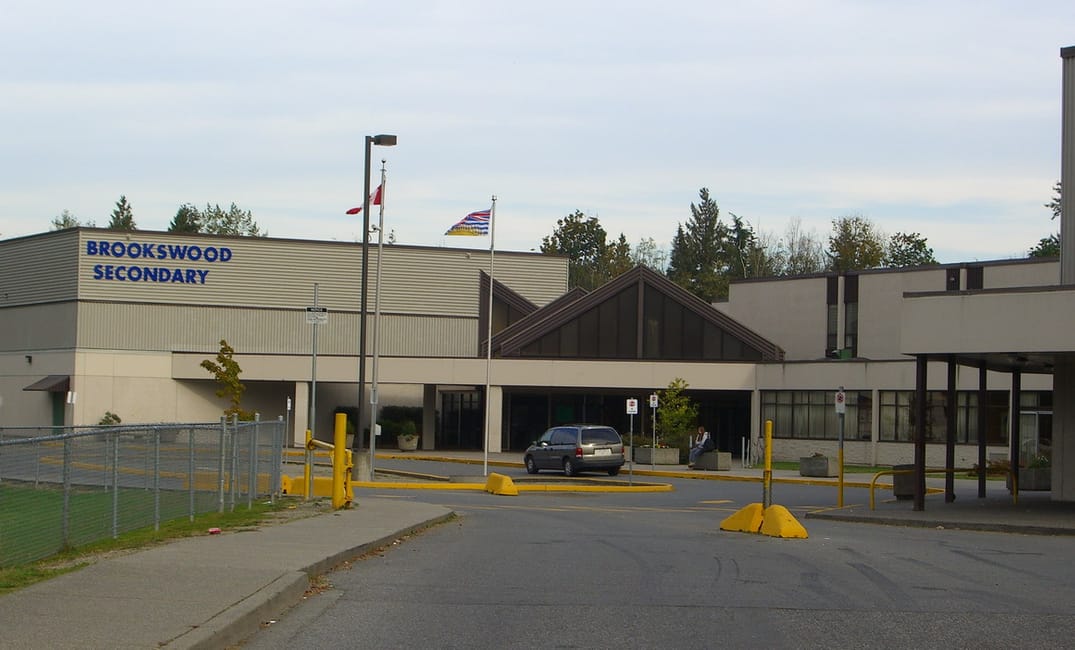A teenager in British Columbia is fighting for their life with avian flu, but Fraser Health officials confirm the first known human case to be acquired in Canada has no connection to Langley schools.
In a notice to Lower Mainland school districts, officials stated there is "no known exposure at any school" and "no further cases identified at this time." While the news has Langley residents concerned, health authorities are reassuring the community that there's no need to panic.
The teen, who lives in the Fraser Health region but not in Langley, is currently in critical condition at BC Children's Hospital. Dr. Bonnie Henry, B.C.'s provincial health officer, said the patient's symptoms began with an eye infection, fever, and cough - symptoms that could easily be mistaken for other common illnesses.
For Langley families, especially those involved in agriculture or with backyard chickens, this case is a reminder to stay vigilant. The Fraser Valley, including Langley, has a significant poultry industry that's been hit hard by avian flu outbreaks in recent years. Provincially, about 6.4 million birds in domestic flocks have been culled since spring 2022, putting a strain on local farmers and workers.
While human-to-human transmission of avian flu is very rare, health experts advise taking precautions. Fraser Health recommends staying up to date on immunizations and avoiding direct contact with birds, including at petting zoos and farms. This advice is particularly relevant for Langley residents who may frequent local farms or wildlife areas.
For those keeping backyard chickens, a popular hobby in Langley's more rural areas, it's crucial to be extra careful. Don't touch sick or dead animals or their droppings, and keep pets away from them too. If you spot any dead or sick birds, report them to the proper authorities.
The letter from Fraser Health to the Superintendent recommends the following preventative measures:
- stay up to date on immunizations
- petting zoos and farm visits can continue but avoid direct, physical contact with all birds (such as poultry, ducks, or other waterfowl) at this time
- do not touch sick or dead animals, or their droppings
- keep pets away from sick or dead animals, and their feces
- report dead or sick birds or animals
- For poultry or livestock, contact the Canadian Food Inspection Agency (CFIA) Animal Health office
- For pets, contact your veterinarian or call the BC Animal Health Centre: 1-800-661-9903
- For wild birds, contact the B.C. Wild Bird Mortality Line: 1-866-431-2473
- For wild mammals, contact the B.C. Wildlife Health Program: 1 (250) 751-7246.
For more information on avian flu and how to protect yourself and your family, visit bccdc.ca.

